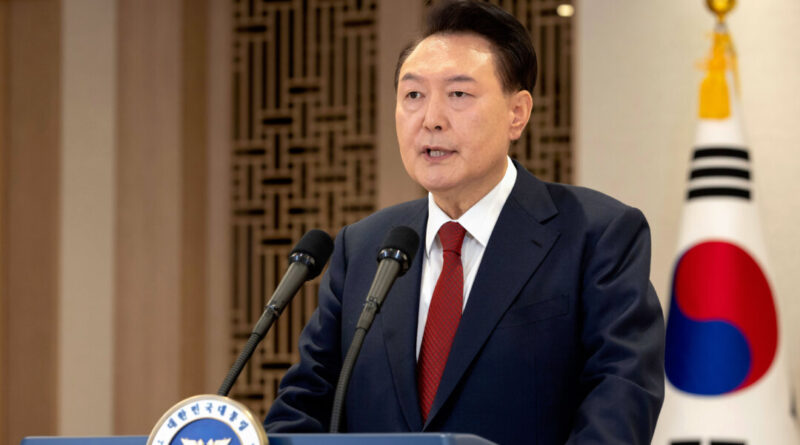South Korean legislators vote for the impeachment of the President.
President Yoon, suspended from office, now awaits a decision from the Constitutional Court regarding his political future.
The National Assembly, led by the opposition, has impeached the South Korean president due to his recent attempt to impose martial law, resulting in his suspension from official duties.
The Constitutional Court has a six-month window to determine whether President Yoon Suk Yeol will be removed from office.
Despite the president’s minority party preventing a previous impeachment vote by boycotting, enough defections occurred on Dec. 14, resulting in a 204–85 vote in favor of impeachment in the 300-seat assembly.
Acting President Han Duck-soo has assumed official duties in the meantime.
Yoon retains presidential immunity from most charges except for insurrection or treason, pending the Constitutional Court’s decision.
Although the president’s People Power Party opposed the impeachment, a shift in their stance occurred on Dec. 12, following a determined televised address by Yoon.
Prosecutors have launched a treason investigation into Yoon, his interior minister, and the former defense minister, who was subsequently replaced.
South Korea’s parliament passed a bill appointing a special counsel to investigate Yoon’s martial law attempt, as the Justice Ministry imposed travel restrictions on Yoon and eight others.
Acting President Han, with a long history of leadership positions under various presidents, is currently serving in the role until further decisions are made.
Guy Birchall, Katabella Roberts, and Reuters contributed to this report



